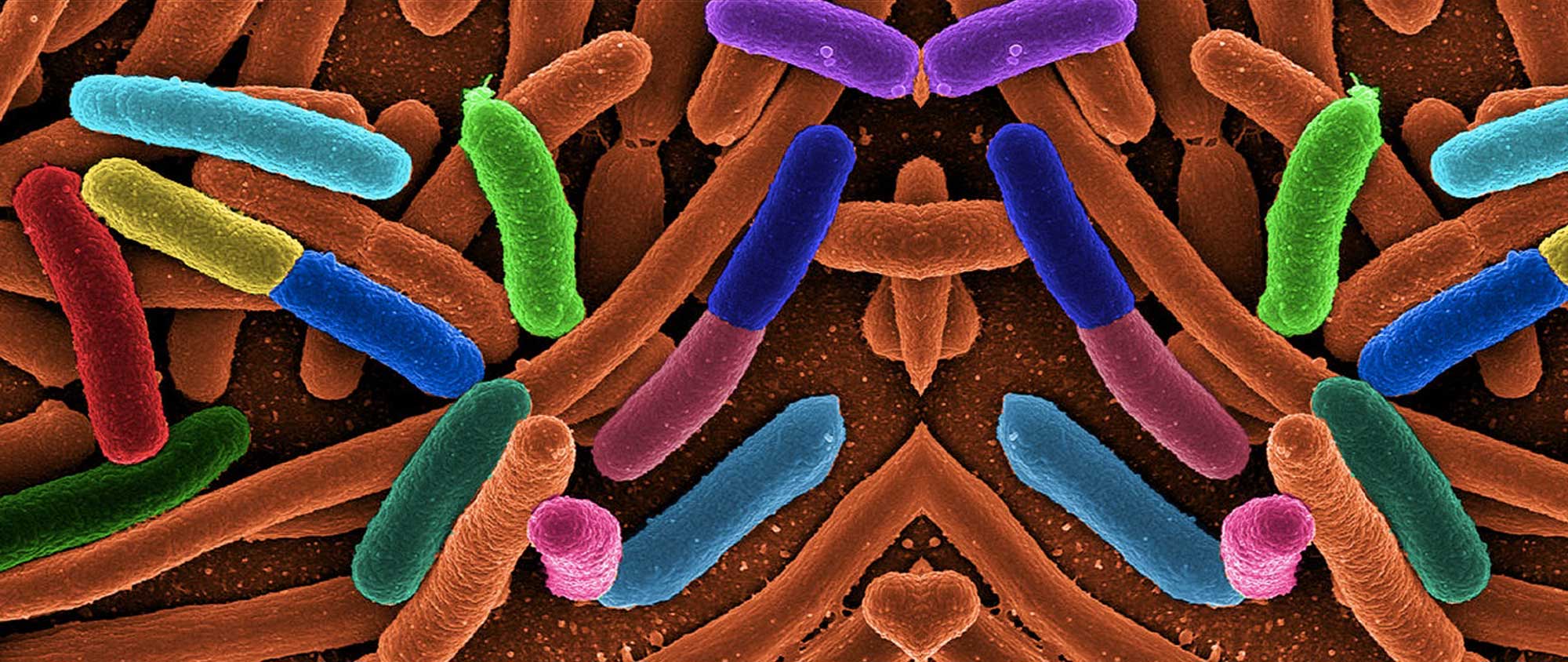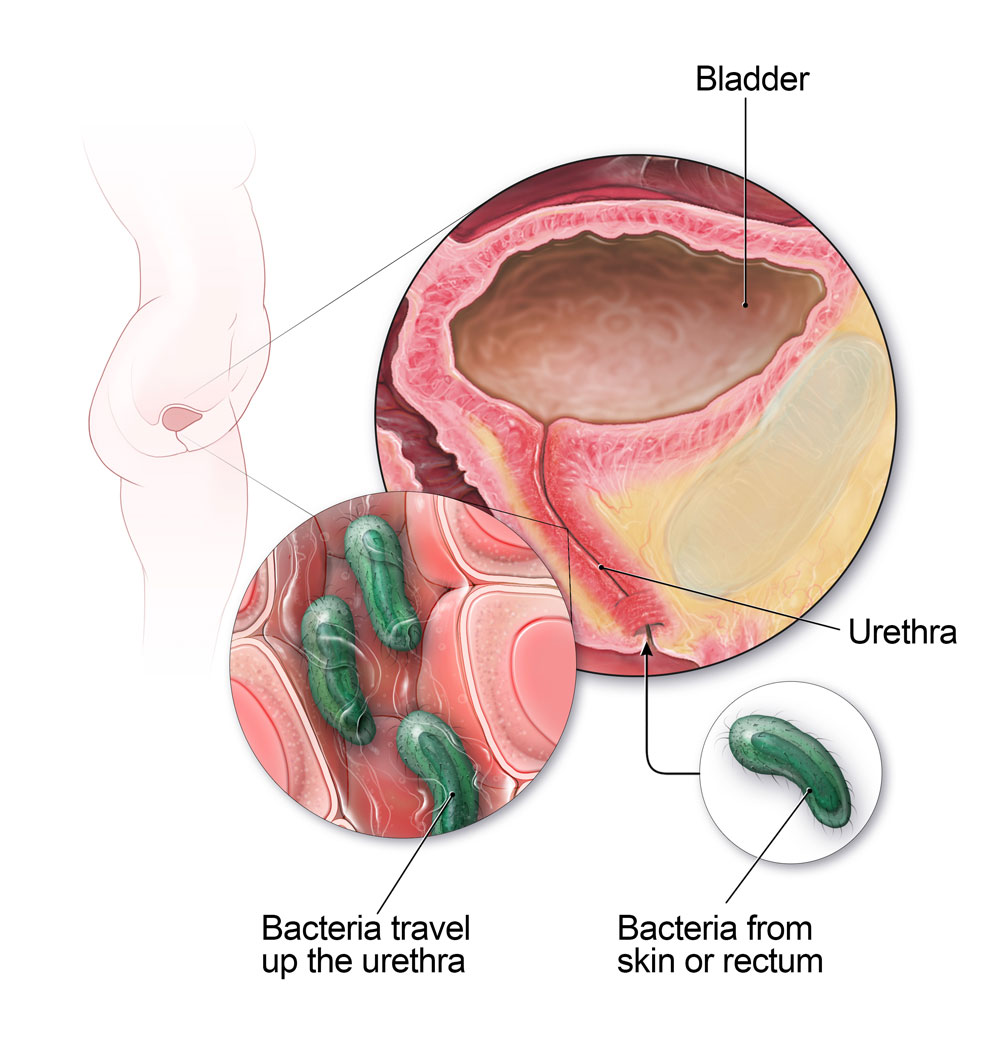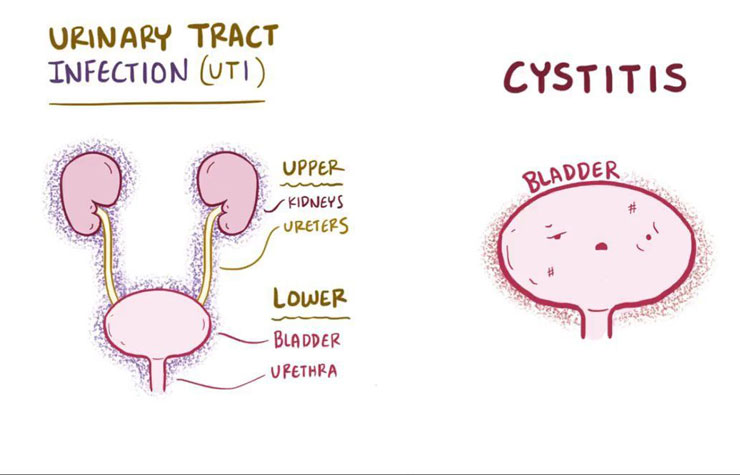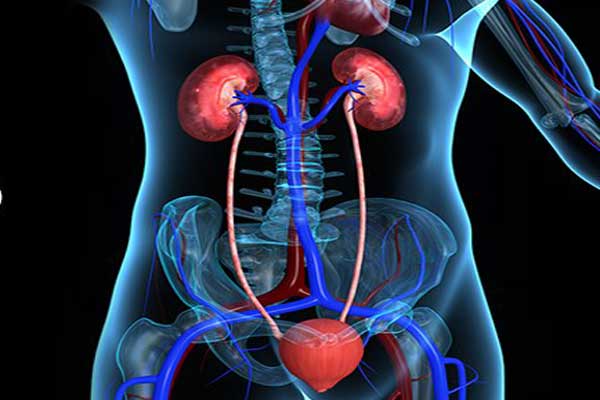How will the doctor treat me?
Once the infection settles down, the doctor may order further tests to evaluate the urinary tract like urine flow test, ultrasound estimation of post-void residual urine volume and flexible cystoscopy (see CYSTOSCOPY – pt guide). In men, additional testing like urethrography and urodynamics may be required in a select few. UTI in men is uncommon. Therefore,when they present with one, it requires investigation to see if there is an anatomical reason for it.
Infections by parasites is unusual in our country but has to be considered if there has been travel abroad.
The other most common infection afflicting the urinary tract in our country is tuberculosis (TB), but this usually manifests in a slow manner and as a chronic problem. If you have been treated for TB in the past, it is important that you mention this to your doctor / urologist.
What if my local GP/doctor has started me on antibiotics without doing any urine tests?
Although there is no harm in this, bacterial resistance for the common antibioticsin current use is so widespread in India,it would be prudent to send a urine sample for culture/sensitivity testing. In case you do not respond to the initial set of antibiotic tablets, this test will help dictate subsequent correct treatment.
What is recurrent UTIs (RUTI)?
Recurrent UTI is defined as more than 2 infections in a 3-month period or more than 3 in a 12-month period. RUTI could be due to bacterial persistence or re-infection.
Bacterial persistence leads to recurrence of infection within a few days or weeks and is usually by the same organism from an anatomically or functionally abnormal focus in the urinary tract. Sources include kidney stones, prostate, obstructed kidneys, colo-vesical fistula (an abnormal connection between the large bowel and bladder), urethral diverticulum (an out-pouching from the urethra), etc. Once the abnormality is identified it is potentially curable.
Re-infection occurs several months after the first infection and is usually by a different organism. In women, this is usually because they are predisposed to this due to certain factors. There is no underlying anatomical or functional abnormality. In men, re-infection is usually due to bladder outflow obstruction (either due to benign enlargement of the prostate or urethral stricture).
How will the urologist manage my RUTI?
There are several strategies available in the management of RUTIs and your urologist will discuss further treatment measures based on your specific condition.
Okay, but are there some general tips about avoiding UTIs?
Sure. Here are some things one can do to avoid UTIs:
Drink plenty of water; enough to pass colorless or very light wine colored urine every 2.5-3 hours; this helps in the prevention of stone formation in the kidneys as well.
Make sure you pass urine when you get the sensation to pass it; postponing it, especially in women, becomes a bad habit resulting in RUTIs.
Many people attribute UTIs to poorly maintained toilets and the fear of getting infection from these toilets – this is not true. The problem arises from the failure to empty the bladder in time, which then gets infected.
It is good practice to avoid constipation, best achieved by maintaining a good fluid intake and including plenty of fibre in the diet.
It is worth including yogurt (curd) in the diet daily. This is especially relevant for women. Yogurt is a rich source of lactobacillus and other friendly bacteria that when eaten, eventually influences the type of bacteria that colonizes the vagina. These friendly bacteria prevent invasion by harmful bacteria.
Cranberry juice or tablets are supposed to be useful, but there is no convincing evidence one way or the other for this. Since it does not harm you in any way, it may be worth including it in the daily diet.
Certain condoms and diaphragms used for birth control,contain spermicides (to enhance contraception) that can kill the friendly bacteria in the vagina. If you suffer from RUTIs related to this it is perhaps worth switching to a different form of contraception.
In women, it is also worth emptying the bladder after sexual intercourse.
If there are further queries, your urologist should be able to address it.




